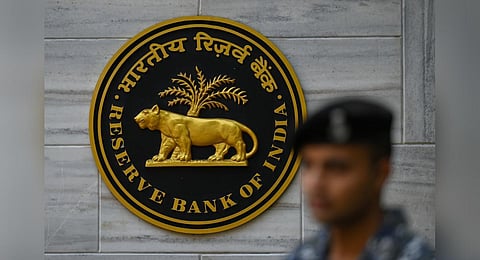

MUMBAI: In a move to encourage responsible lending, the Reserve Bank of India (RBI) on Wednesday directed banks and financial institutions to release all original movable or immovable property documents and remove charges registered with any registry within 30 days after full repayment of a loan by the borrower.
Failing to comply with the direction, regulated entities (REs) would compensate the borrower at the rate of Rs 5,000 for each day of delay, RBI said in a notification. Currently, lenders follow divergent practices in release of such movable or immovable property documents leading to customer grievances and disputes.
As part of Fair Practices Code and to make things uniform, RBI asked “REs to release all the original movable/immovable property documents and remove charges registered with any registry within a period of 30 days after full repayment/settlement of the loan account.” In case of delay in doing so, it said, the RE would communicate to the borrower reasons for such delay.
The borrower shall be given the option of collecting the original movable/ immovable property documents either from the banking outlet/branch where the loan account was serviced or any other office of the RE where the documents are available, as per her/his preference, it said.
The timeline and place of return of original movable/immovable property documents will be mentioned in the loan sanction letters issued on or after the effective date, it said. In order to address the contingent event of demise of the sole borrower or joint borrowers, RBI said, REs shall have a well laid out procedure for return of original movable/immovable property documents to the legal heirs. Such procedure would be displayed on the website of REs along with other similar policies and procedures for customer information, it said.